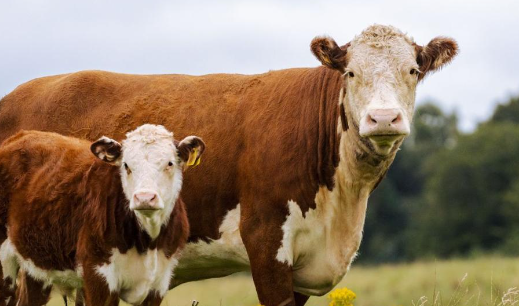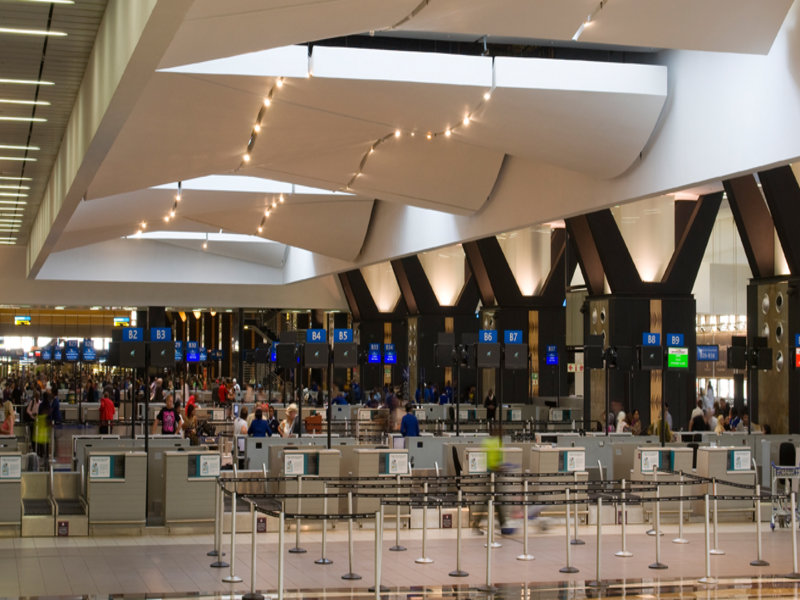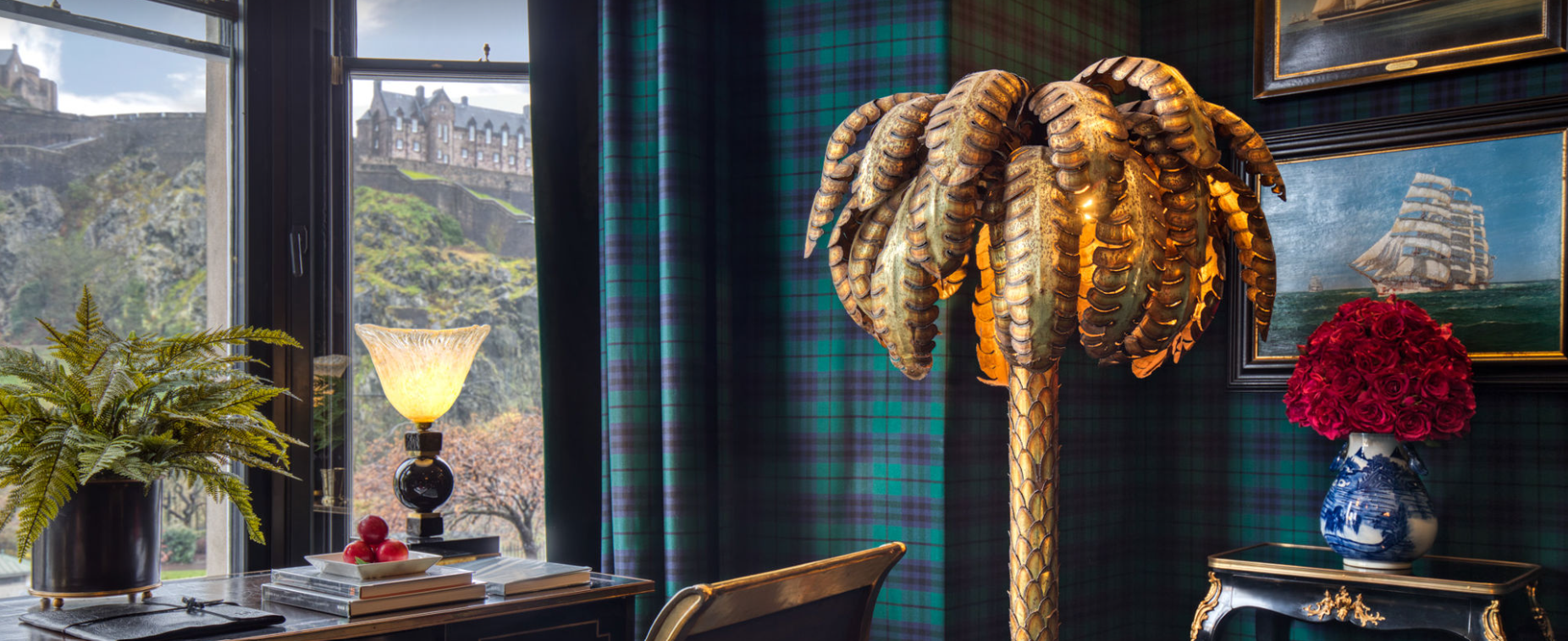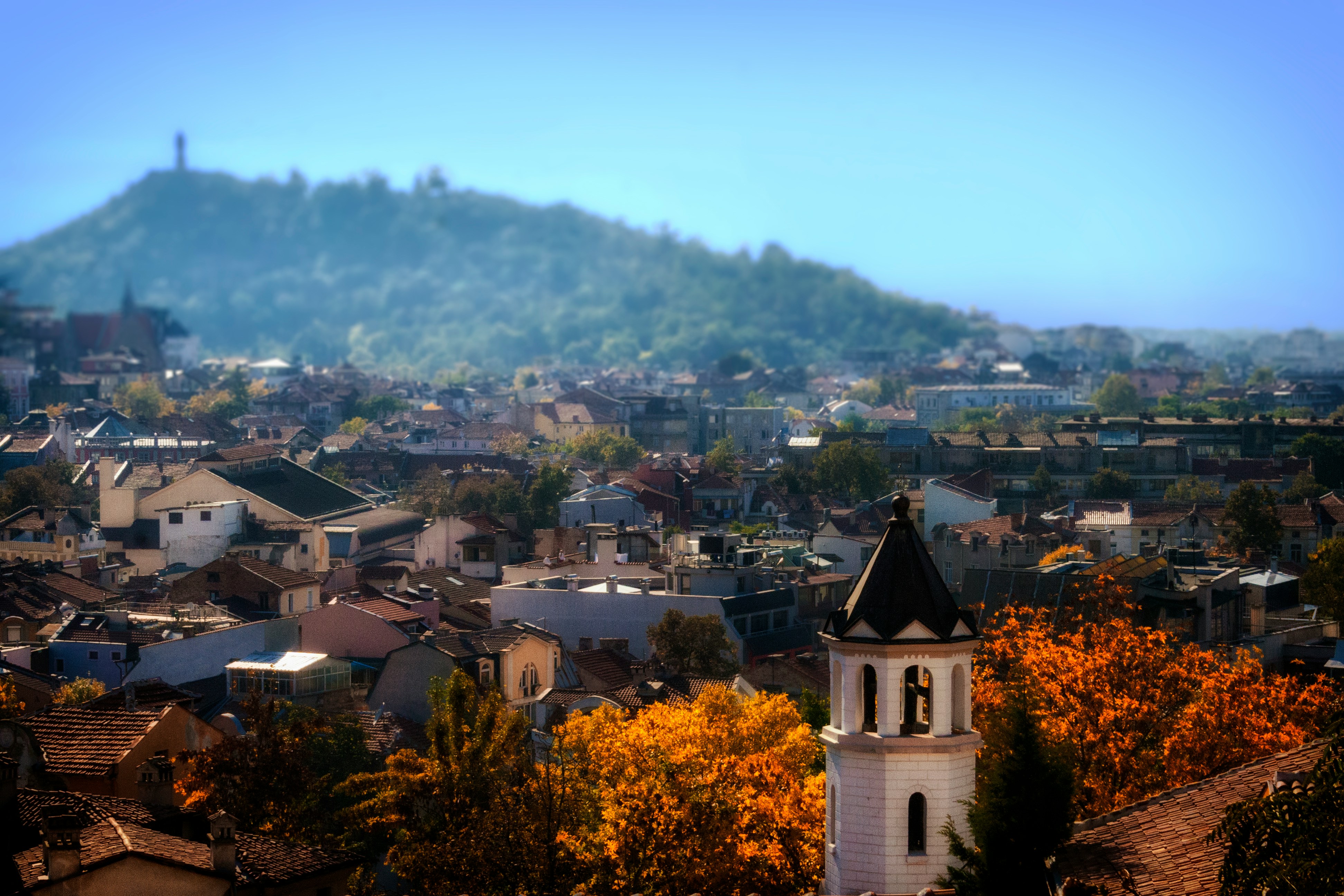Many travellers to Cape Town may be unaware that the city has its very own pod of Common Hippopotamus ( Hippopotamus amphibius ) that has called the Rondevlei section of the False Bay Nature Reserve home since 1981.
This small family group of hippos has, over the past four decades, formed a critical and very special part of the wetland ecology under the caring and watchful eye of the Citys Biodiversity Management team.
The hippos were lost to Cape Town approximately 300 years ago after being hunted to extinction and, as a result, the City also lost an ecosystem engineer from the wetlands of the Fynbos Biome.
The situation was reversed through the vision of dedicated conservation biologists when two males were re-introduced to the Rondevlei section of the False Bay Nature Reserve in 1981.
They were joined by two females in 1983, and thus the initiative of restoring some of its natural heritage began.
These hippos have shaped the False Bay Nature Reserve since their re-introduction and we are proud to have them persist in this urban environment. The main reason for their introduction was to control the invasive Seashore Paspalum ( Paspalum vaginatum ) which was transforming the wetland habitats at Rondevlei. They were quick to oblige and this horrible invasive was quickly put in check, the City of Cape Town said in a press release.
Imminent relocation of young maleNaturally, hippo pods contain approximately 10 to 15 individuals and comprise one dominant male and females with calves. As the male calves come of age, they would naturally disperse to find their own territory.
Rondevleis original dominant male is impressively still present, which requires the need to relocate some of the older male offspring to protect them from the dominant males effort to remove the threat they pose to his dominance in the pod. The City has successfully implemented relocation operations in the past.
We are currently planning for another relocation to safeguard a young male this is the very same male that trended on social media platforms when he escaped from Rondevlei in the early morning hours of Saturday (April 13), to evade the dominant male. Quick response from the Citys Biodiversity Management Branch, Quemic security ranges and SAPS ensured that he was herded back into the reserve.
Once captured, the animal will be transported to his new home in a special container designed for this purpose. The City will inform the public once the relocation operation has been concluded. The timeline is variable as the capture depends on the animals movements and environmental factors, said the Citys Deputy Mayor and Mayoral Committee Member for Spatial Planning and Environment, Eddie Andrews.
Rondevleis hipposGiven the ongoing threat to their wetland habitat and the highly threatened terrestrial Fynbos Biome habitats, the City has a significant responsibility to protect this special population of hippopotamuses. Not only are they an iconic species, they form a critical part of the ecosystem, are a wonderful attraction for visitors, and an integral part of the False Bay Nature Reserves environmental education programme, said the City of Cape Town.
This pod of hippopotamuses gives us a glimpse into the past, reminding us of the natural heritage of the Fynbos Biome and the magnificence of what Cape Town used to be prior to the development of the city. We proudly continue our vigilant care of these unique creatures, and I encourage travellers to come take a look at them at Rondevlei, Andrews concluded.
Sign up to our mailing list and get daily news headlines and weekly features directly to your inbox free.











